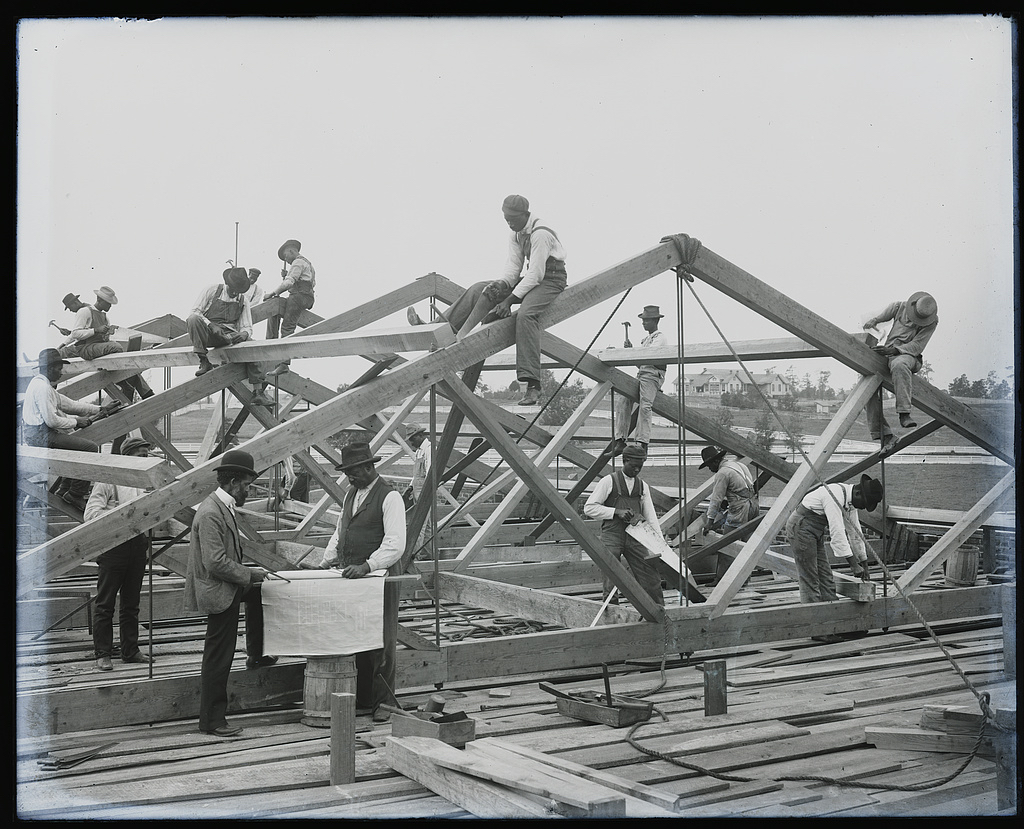American Artisan: Design and Race-Making in Industrial Education, 1866-1924
Maura Lucking
Architecture
UC Los Angeles
This dissertation draws architecture into growing discourses of settler colonialism. It examines the campus planning and design curricula of industrial schools for black and indigenous students following the U.S. Civil War, focusing on the Hampton Institute, Tuskegee Institute, Carlisle Institute and Santa Fe Indian School. These schools hybridized artisanal and technical training with manual labor on campus building projects, drawing a bifurcated line to both contemporary architectural education and vocational training marked by histories of nineteenth-century industrialization and racial segregation. Following the dispossession of black labor and indigenous land, the dissertation argues that the soft power of architectural drawing and landscape gardening stabilized racial identities and hierarchies, as federally-funded industrial schools emphasized artisanal skills and taste cultures that naturalized and marked minority status as central to modern liberalism. Architectural media–student drawings and photographs as well as course catalogs, federal guidelines and school publications–offer tools for capturing the distributed agency of subaltern students and experts within these schools, parsing alignments and misalignments between narratives of self-determination, uplift and acculturation. Far from the Arts and Crafts conception of labor as emancipatory, building and shaping the land equated to a form of participation in the settler colonial project itself.

